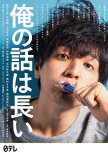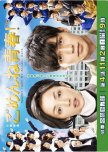Dai was born to deaf parents and was raised with deep love in rural Japan. However, as he grows older, he becomes troubled by his differences from others and begins to blame his deaf mother for his daily frustrations. When he turns 20, Dai leaves home for Tokyo as if to escape. Life in Tokyo is lonely at first, but when Dai starts working as a magazine reporter, he finds fulfilment in meeting a diverse group of people. Time eventually passes, and Dai returns home for the first time in eight years. In spending a peaceful time with his deaf mother after a long time, a memory that has been sealed away unexpectedly comes back to Dai. (Source: GAGAIntl) ~~ Adapted from the autobiographical essay "Rou no Ryoushin Kara Umareta Boku ga Kikoeru Sekai to Kikoenai Sekai o Ikiki Shite Kangaeta 30 no Koto." (ろうの両親から生まれたぼくが聴こえる世界と聴こえない世界を行き来して考えた30のこと) by Igarashi Dai (五十嵐大). ~~ Release dates: Jun 21, 2024 (Festival) || Sep 20, 2024 (Cinema) Edit Translation
- English
- Español
- हिन्दी
- Português (Brasil)
- Native Title: ぼくが生きてる、ふたつの世界
- Also Known As: Boku ga Ikiteru, Futatsu no Sekai , The Two Worlds I Live In
- Director: O Mipo
- Screenwriter: Minato Takehiko
- Genres: Life, Drama, Family
Cast & Credits
- Yoshizawa RyoIgarashi DaiMain Role
- Oshidari AkikoIgarashi AkikoSupport Role
- Yusuke SantamariaKawai YukihikoSupport Role
- Karasuma SetsukoSuzuki HirokoSupport Role
- DendenSuzuki YasuoSupport Role
Reviews

Living with Two Words - Simple (yet) Profound
The moment I read the plot I knew I would need to brace myself and have a box of tissues handy.We grow up with Dai and see the different seasons in his life. I love that we also get a glimpse in how Japan develops. From Dai's mother not getting a proper early education "because we thought she'd grow out of it and learn to hear", to Dai joining a community circle where he gets to develop his own identity through sign language. In some ways a simple slice of life film, but being based on a true story makes the film feel profound.
I really love these kinds of Japanese films because they are able to convey such strong and powerful emotions. Dai's realisation (and even guilt) balanced with his mother's unwavering love and his parent's wholehearted support. This is something we can all empathise with.
I think the casting was excellent- particularly Oshidari Akiko and the child actors. I'm curious to know Yoshizawa Ryo's process in learning Japanese sign language. I read that the deaf community commended him on his skills.
There seems to be more and more content in Japan about hearing and non-hearing inter relationships. It's great to see broader representation in mainstream media!
The rewatch value is low because I'm not sure I'm wanting to weep again ahaha






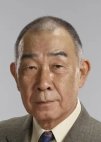
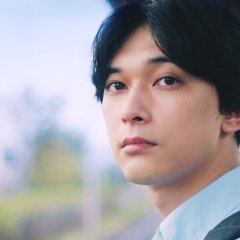
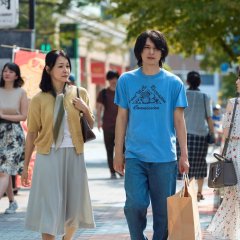
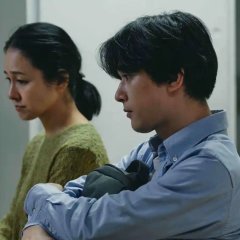

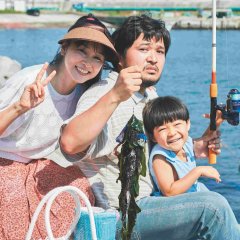
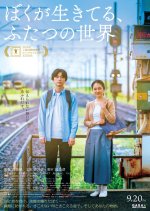
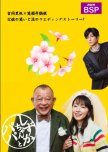




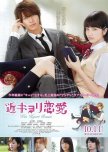
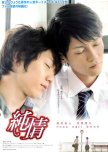
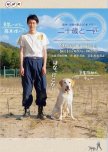


![[PTW] JAPAN list](https://i.mydramalist.com/MRjRMt.jpg)
![[PTW] JAPAN list](https://i.mydramalist.com/ZbzAW_4t.jpg)
![[PTW] JAPAN list](https://i.mydramalist.com/MB16Gt.jpg)
![[PTW] JAPAN list](https://i.mydramalist.com/Bdlk6t.jpg)
![[PTW] JAPAN list](https://i.mydramalist.com/eeoOp_4t.jpg)
